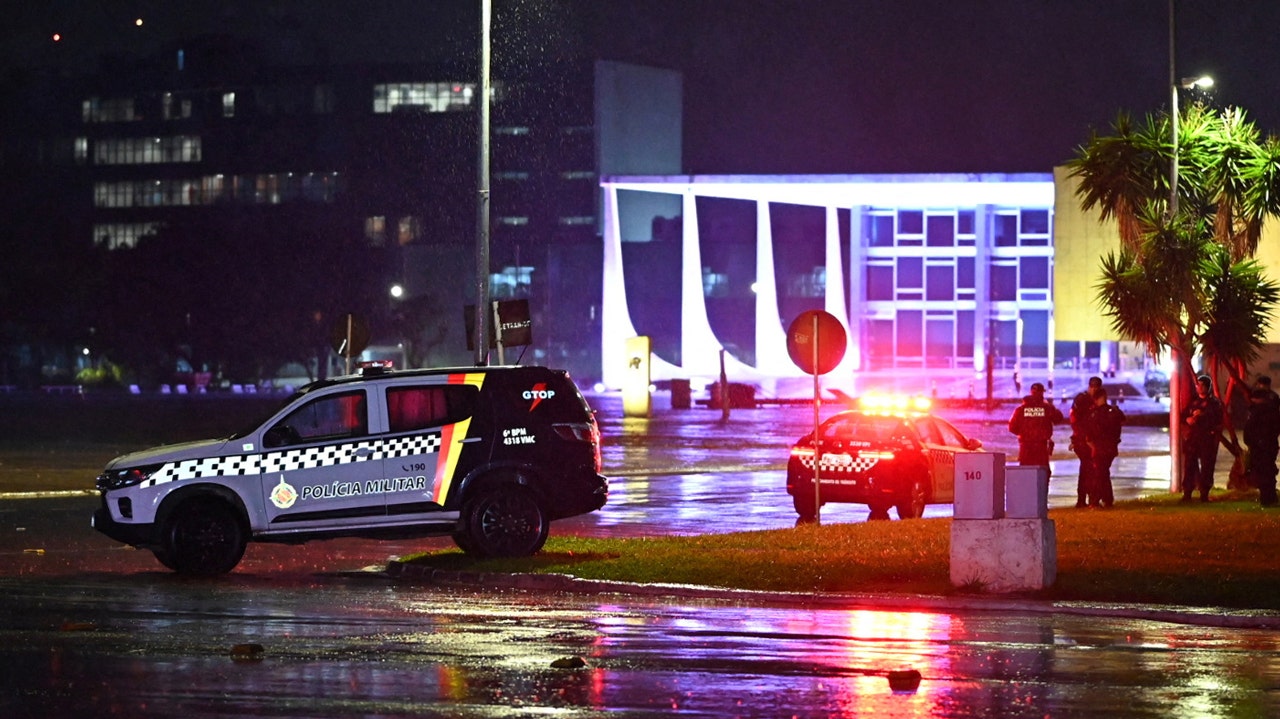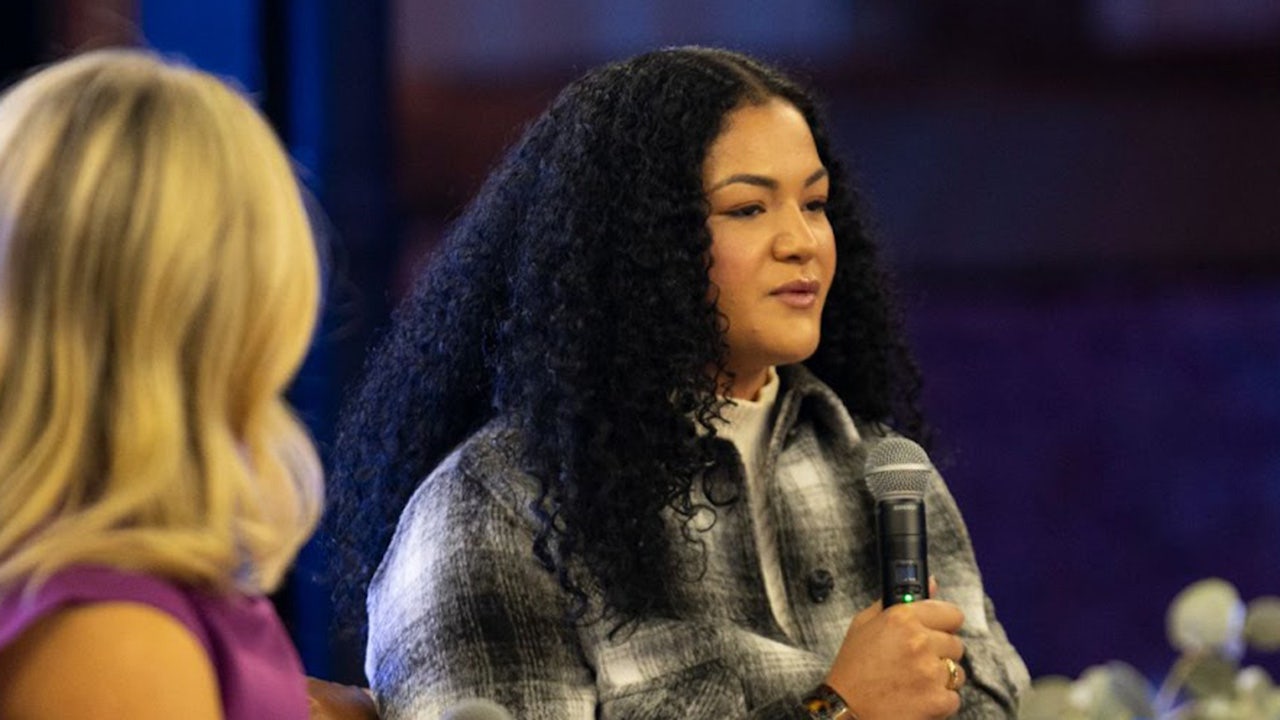Black Californians warn Newsom of ‘direct impact’ on Harris after Democrats kill slave reparation bills
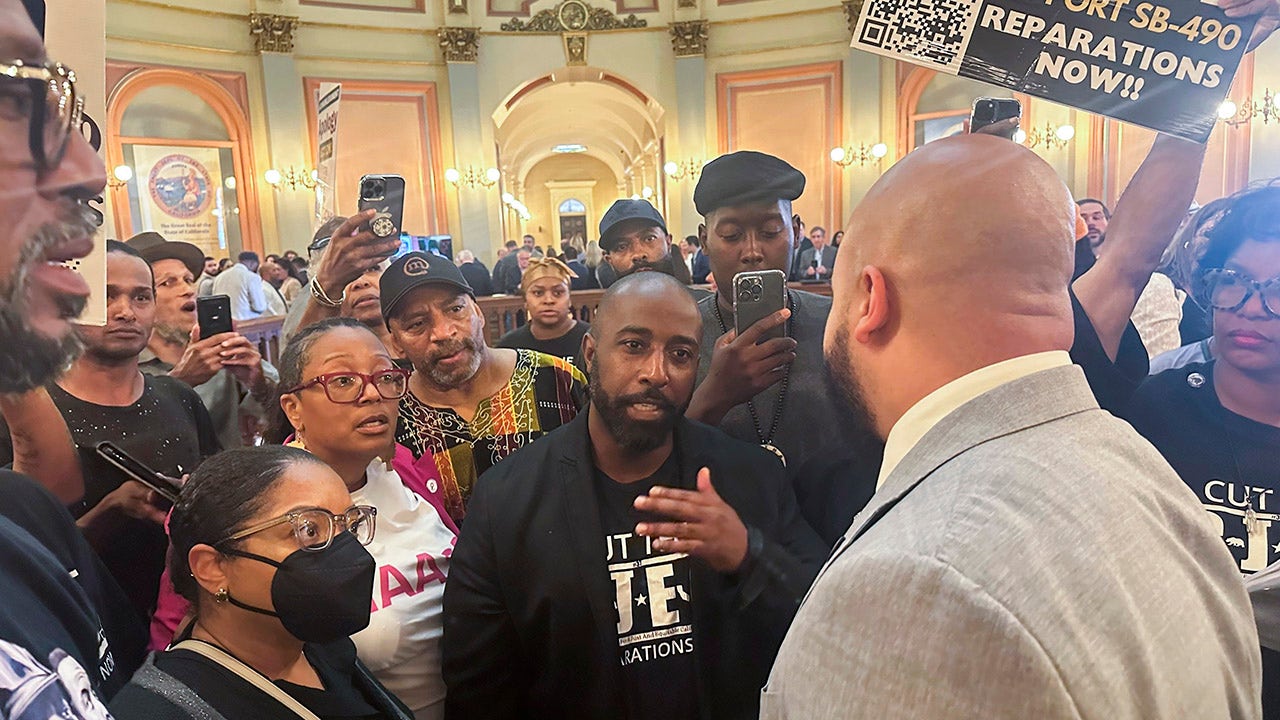
Black activists at the California assembly threatened a “direct impact” on Vice President Harris’ presidential campaign after state Democratic lawmakers held off on two bills that would have greenlighted slavery reparations.
Last week, the California legislature approved proposals allowing for the return of land or compensation to families whose property was unjustly seized by the government, and issuing a formal apology for laws and practices that have harmed Black people. But none of those bills would provide widespread direct payments to African Americans. After hours of heated debate and protests on Saturday, state lawmakers left out two bills – Senate Bills 1403 and 1331 – that would have created a fund and an agency to oversee reparation measures.
“The speaker needs to bring the bills up now, now, now. These are their bills. They have their names on the bills. They’re killing their own bills because they’re scared of the governor,” one Black man, a member of the Coalition for a Just and Equitable California, said in the rotunda on the last day of the legislative year on Saturday. “Now listen, they’re gonna see this, and they’re gonna get mad at us. They killing their own bills, and then they’re gonna get mad at us. They’re killing their own bills because they’re scared of the governor. We don’t care. Bring the G– d— bills up now, now, now.”
“We need to send a message to the governor,” a Black woman who is part of the same group chimed in, according to video shared on X. “The governor needs to understand the world is watching California and this is gonna have a direct impact on your friend Kamala Harris who is running for president. This is going to have a direct impact, so pull up the bills now, vote on them and sign them. We’ve been waiting for over 400 years.”
“We have the votes,” the man added.
CALIFORNIA REPUBLICAN LAWMAKER REACTS TO ‘CRAZY’ BILL THAT WOULD GIVE UNDOCUMENTED FIRST-TIME HOMEBUYERS MONEY
State Sen. Steven Bradford, who authored the measures, said the bills failed to move forward out of fear that Democratic California Gov. Gavin Newsom would veto them.
“We’re at the finish line, and we, as the Black Caucus, owe it to the descendants of chattel slavery, to Black Californians and Black Americans, to move this legislation forward,” Bradford said, urging his colleagues to reconsider Saturday afternoon, according to the Associated Press.
“We owe it to our ancestors,” Bradford added, according to the Sacramento Bee. “And I think we disappointed them in a way.”
California Legislative Black Caucus Chair Assemblymember Lori Wilson said Saturday that the Black Caucus pulled the bills, adding the proposals need more work.
“We knew from the very beginning that it was an uphill battle…. And we also knew from the very beginning that it would be a multiyear effort,” Wilson told reporters.
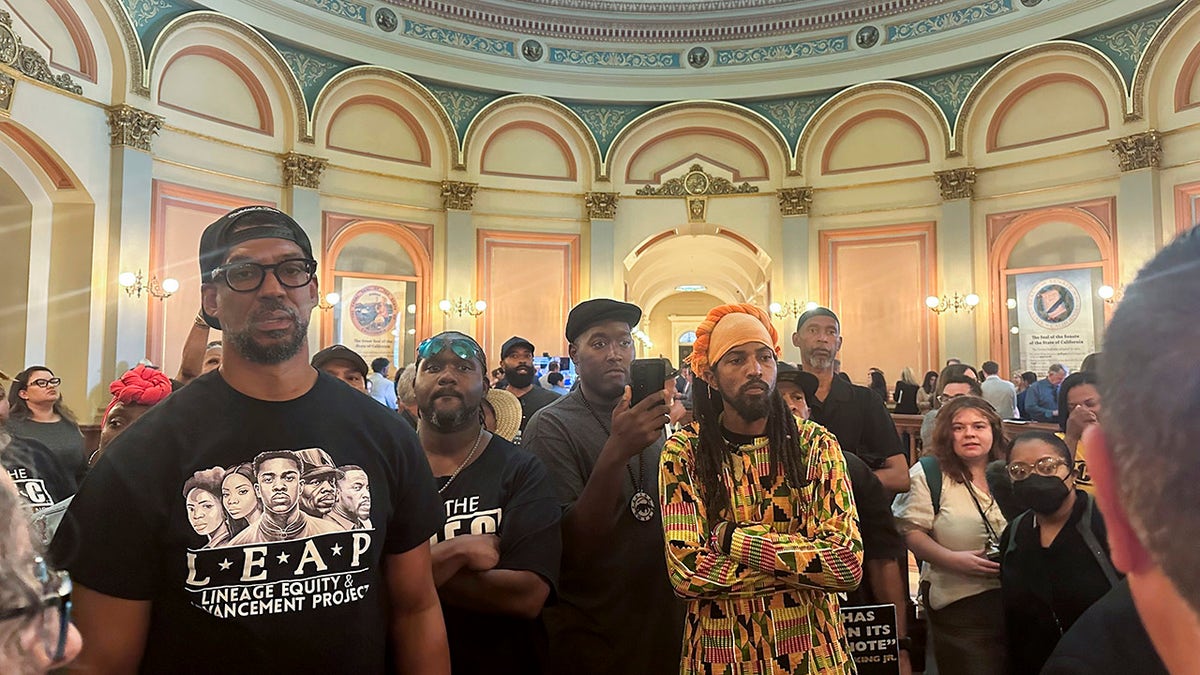
Newsom has not weighed in on most of the bills, but he signed a $297.9 billion budget in June that included up to $12 million for reparations legislation. However, the budget did not specify what proposals the money would be used for, and his administration has signaled its opposition to some of them. Newsom has until Sept. 30 to decide whether to sign the bills that passed.
SAN FRANCISCO TO BEGIN ‘EQUITY AUDIT’ OF CONTROVERSIAL STATUES: CONCENTRATION OF ‘WHITE SUPREMACY’
Democratic Assemblymember Reggie Jones-Sawyer, who is Black, called his bill to issue a formal apology for discrimination “a labor of love.” His uncle was part of a group of Black students who in the 1950s were escorted by federal troops past an angry white mob into Central High School in Little Rock, Arkansas, three years after the U.S. Supreme Court ruled that school segregation was unconstitutional. The students became known as the “Little Rock Nine.”
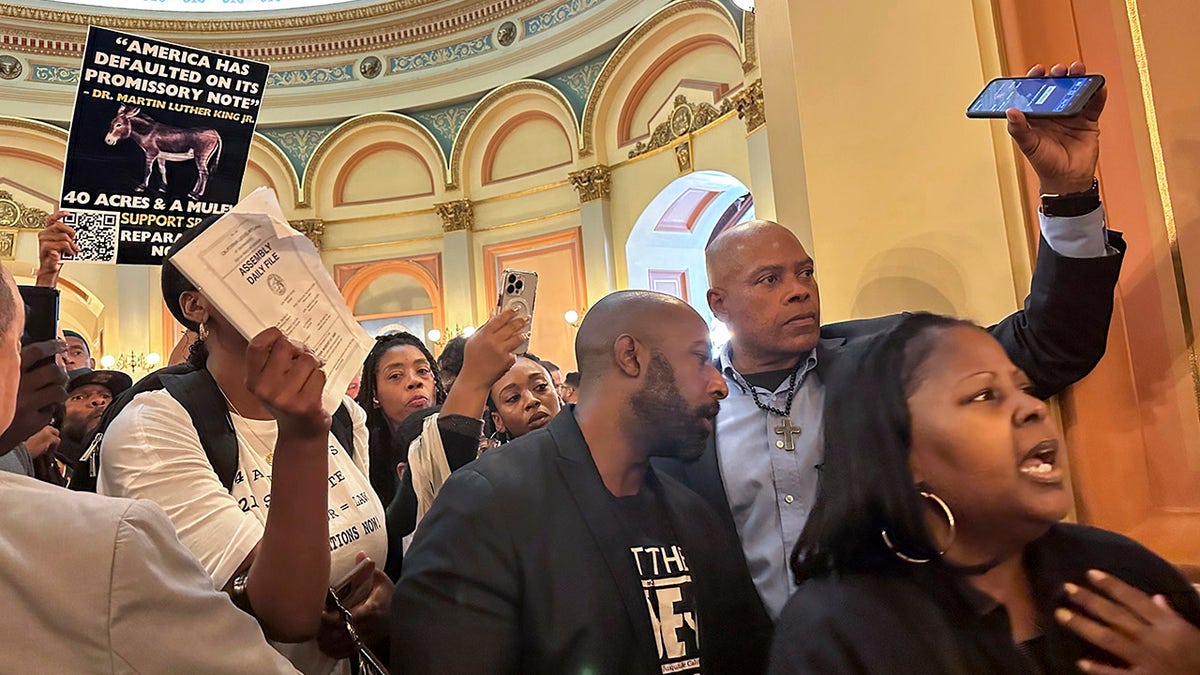
“I think my grandmother, my grandfather, would be extremely proud for what we are going to do today,” Jones-Sawyer said ahead of the vote on the legislation that was passed. “Because that is why they struggled in 1957, so that I’d be able to — and we’d be able to — move forward our people.”
Newsom approved a law in 2020 creating a first-in-the-nation task force to study reparations proposals. New York and Illinois have since followed suit with similar legislation. The California group released a final report last year with more than 100 recommendations for lawmakers.
Newsom signed a law earlier this summer requiring school districts that receive state funding for a career education program to collect data on the performance of participating students by race and gender. The legislation, part of a reparations package backed by the California Legislative Black Caucus, aims to help address gaps in student outcomes.
The Associated Press contributed to this report.
Read the full article here



